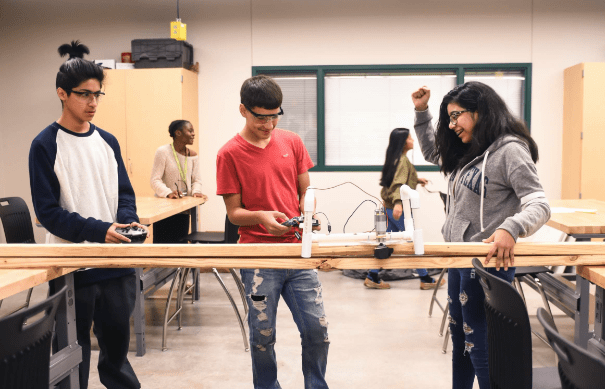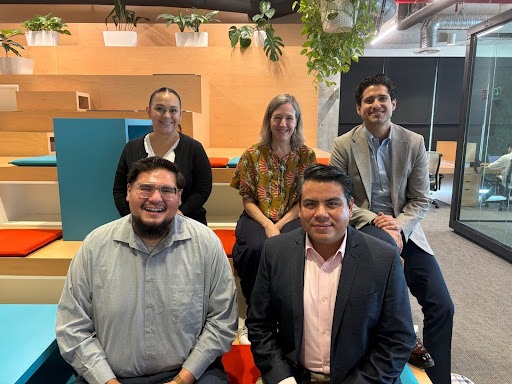Modern career and technical education programs emphasize both college and career readiness—even during a pandemic.
Long before hand-washing PSAs flooded social media and public billboards during the Covid-19 pandemic, Karol Servellon was championing the cause. As a high school student at the Metropolitan Regional Career and Technical Center—a.k.a. The Met—Servellon had an internship with an elementary school nurse near her campus in Providence, Rhode Island.
“I noticed how all the kids didn’t wash their hands right,” Servellon said. She decided to do something about that.
Students at The Met spend much of their time, at least one but often multiple days per week, in career-specific internships around the city. They are also required to present exhibition projects based on the field they are exploring. Servellon’s sophomore project for The Met was her hand-washing campaign, complete with videos, demonstrations, and activities at the elementary school. In her junior year, Servellon earned her nursing assistant certification (CNA).
“Ever since I was little, I wanted to be a nurse and help people,” she said. Hands-on work “makes me want to do more, and more, and much, much more.”
The Met—part of the Big Picture Learning network, which includes 75 district, private, and charter schools in 25 states—exemplifies a growing trend in career and technical education (CTE). Marketed as first-choice rather than last-chance, these specialized vocational campuses offer internships and apprenticeships alongside coursework tailored to the post-secondary goals of each student, including those who want to attend competitive four-year universities.
The appeal of this flexible, relevant approach has been evident during the Covid-19 pandemic, when vocational programs adapted almost as quickly as the professions themselves. The schools’ quick pivot demonstrated the relevance many students already saw in the programs.
As CTE has evolved, though, programs once designed to equip students from working class backgrounds for blue collar futures are now seeing demand from middle class students seeking a competitive edge, raising questions about their mission and which students benefit most from CTE programs.
ON THE COLLEGE TRACK
Thirty years ago, if a student’s schedule included shop class or auto shop, the assumption might have been that it would not also include AP Chemistry, French III, or dual-credit calculus. The hands-on, book-free environs of vocational courses in middle and high schools suggested an alternative to scholastic pursuits, including college.
Vocational programs were once considered “terminal education,” said Michael Fitzpatrick, superintendent of Blackstone Valley Regional Vocational Technical High School in Upton, Massachusetts That’s not the case anymore.
“The candidates who come to our school should not have to sacrifice academic rigor,” Fitzgerald said. In fact, to deliver on the school’s mission of preparing students for competitive job markets in Massachusetts and beyond, he explained, vocational training schools must also prepare them for college, so that they have options if job markets change.
“There’s been a tremendous transition not necessarily recognized by those not affiliated with a vocational technical school,” Fitzgerald said, “The sophistication, the demands made by industry for adaptability and transferability need to accompany the skill sets of the students.”
Massachusetts also requires vocational schools to meet state accountability standards. “We embrace that,” Fitzpatrick said. In 2019 Blackstone Valley scored better than 90 percent of high schools in the state on accountability tests. It outperformed the state in almost every other measure as well—including college enrollment of graduates. That’s not a general trend among vocational schools: At most other Massachusetts CTE schools, between 40 and 60 percent of graduating seniors went on to enroll in some post-secondary institution, below the state average of 72 percent and Blackstone Valley’s 79.7 percent.
Employers incentivize post-secondary education as well. Blackstone Valley’s industry partners regularly offer paid internships for students in high school and college, and some go on to hire those interns once they complete a degree or advanced industry certification. Some employers even agree to help pay for college, Fitzpatrick said.
Similar arrangements exist in San Antonio, Texas, home to the four Centers for Applied Science and Technology (CAST) schools—CAST Med, CAST STEM, CAST Tech, and CAST Lead. Each CAST school is aligned to a high demand local industry—CAST Lead, for example, has pathways to leadership and management positions in the retail, hospitality and tourism, and e-commerce industries—and is governed by one of the county’s public school districts.
Read full story on Edutopia.org >>

